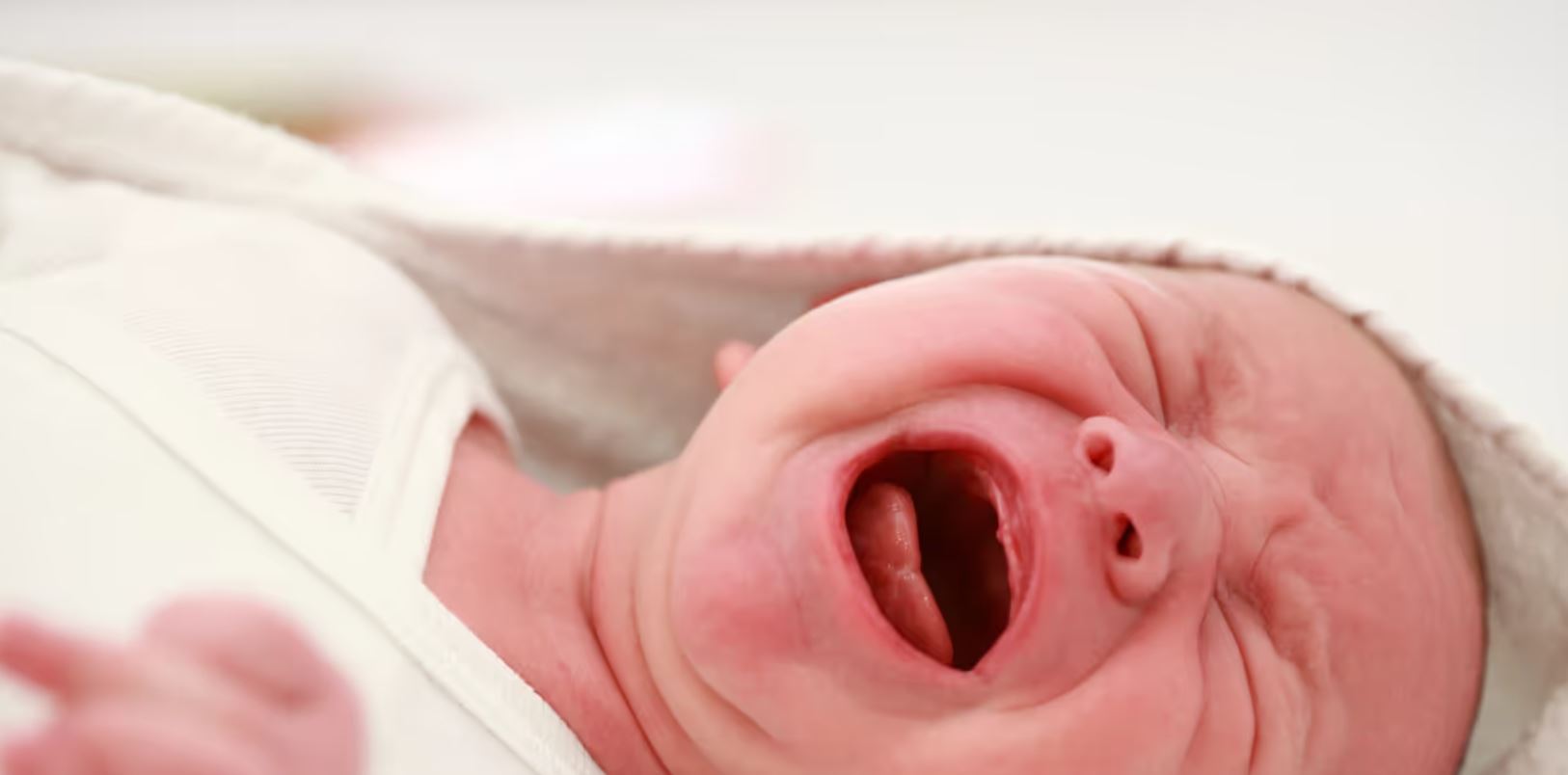It’s not just babies exploring the world: Adults becoming parents also learn new things. Here are six facts about newborns that might surprise you.
Key Points:
- Babies are so different from adults, which makes them particularly fascinating.
- Did you know that babies have more bones than us?
- Read on to learn more about our little ones.
Babies are fascinating beings. Behind their adorable facade lie astonishing facts that even experienced parents find surprising.
Discover intriguing details that may have remained hidden from you until now.
1. Babies Have More Bones Than Adults

Your little one not only has a few additional bones in their tiny body. Newborns actually possess nearly 100 more bones than adults.
While we have 206 bones ourselves, a newborn counts an impressive 300. However, strictly speaking, these are not “bones” but rather skeletal parts that are still forming.
2. The First Stool Doesn’t Smell
New parents often need to get used to the smell of a full diaper. But did you know that your newborn’s first stool doesn’t smell at all?

It’s called “meconium.” This dark, sticky mass is odorless because it lacks bacteria from the intestines.
3. Scent of Infants is Addictive
Researcher and physician Johannes Frasnelli discovered that we rarely resist the typical baby smell. The scientist, who taught at the University of Montreal among other places, compares this to drug addiction.

According to him, our brain’s pleasure center is activated when we consume drugs—or smell a baby.
4. Babies Have Sensitive Facial Skin in the First Weeks
After birth, sensory receptors develop on the infant’s face. This means that the facial skin is particularly sensitive now.
Parents can use this sensitivity to gently stroke their child’s face, which can help calm them during stress and restlessness.
By the way: Thanks to this sensitivity, babies can also better orient themselves at the maternal breast when feeding, as they still see everything somewhat blurred.
5. Newborns Don’t Produce Tears
It may sound unbelievable, but newborns actually do not produce tears. Their tear glands fully develop only between two weeks and two months of age.

This means that crying in the first few weeks of life may be loud but happens without visible tears.
6. Salt is an Unknown Taste for Babies
Infants under three months apparently cannot taste salt. Even though salt is unsuitable for them due to their still developing kidneys, this fact often surprises.
Parents should start slowly adding salt to their baby’s food only after the first year. Until then, the natural salt content of many foods is sufficient.

